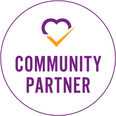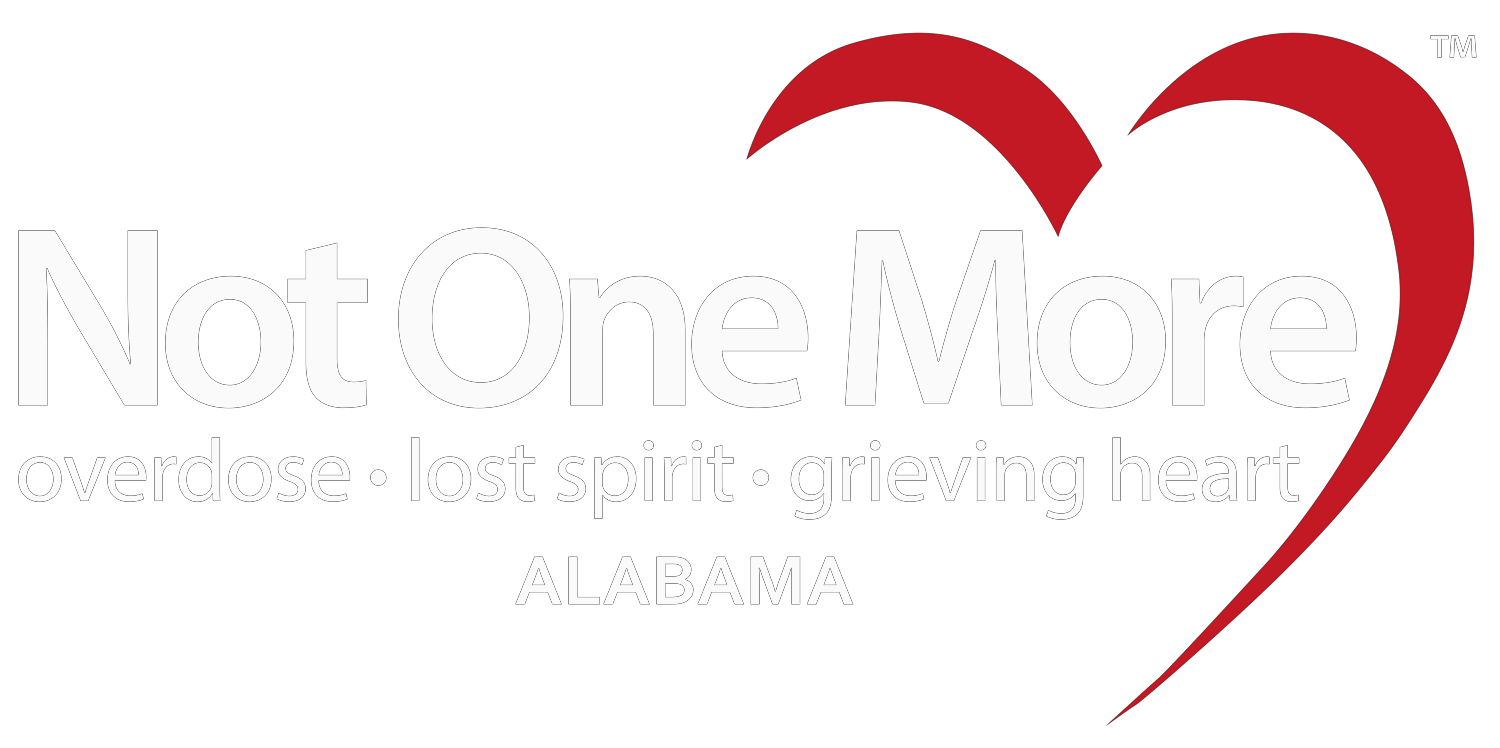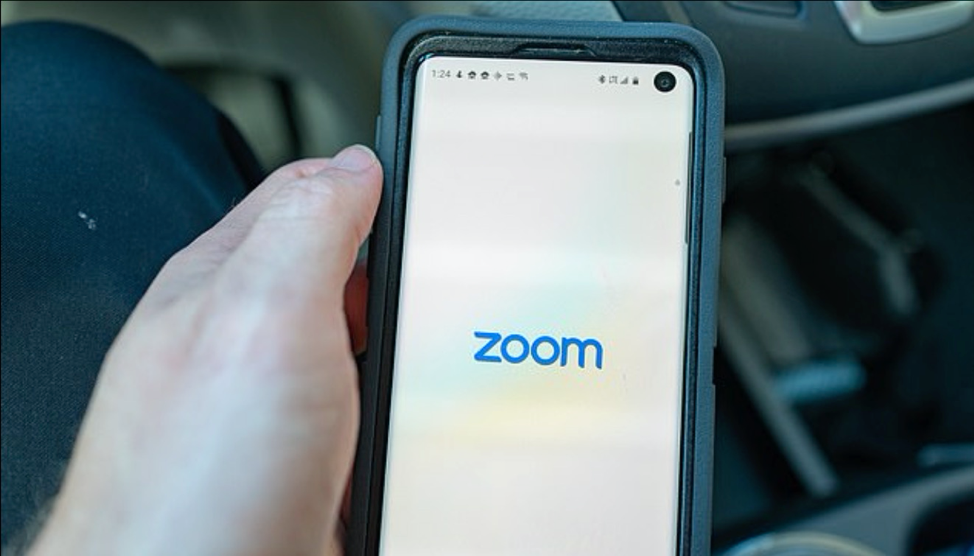Fears that social isolation could cause former addicts to relapse - while soaring unemployment and anxiety is creating a 'perfect storm' for alcohol and drug abuse
By ANNIBEL GROSSMAN FOR DAILYMAIL.COM APRIL 13, 2020 Click here to read article on the DAILYMAIL website Devan Markiewicz was approaching her third year of sobriety when lockdown was announced in the small commuter town of East Norwalk, Connecticut, where she lives with her boyfriend. Like many other former drug and alcohol addicts in recovery, Devan was suddenly faced with losing the community and coping mechanisms that she relied on to stay sober. Having built up a regular schedule of face-to-face Alcoholics Anonymous meetings, Devan describes her fear that social distancing would take her back to the isolation that she felt when she was abusing alcohol and drugs. She tells DailyMail.com: 'Isolation is where my disease [of addiction] took me. Now it's like here we are again.' Devan, 34, explains that people who are successful in beating addiction are those who stay connected. She adds: 'We like our routines, we like seeing people and we like a schedule because it keeps us safe. And so when you take this mandatory stay-at-home order you're literally creating a hot bed for this disease. 'You're isolated again, you're alone and and you feel like no one's going to know [if you drink].' Devan believes she has reached a stage when she can use the online tools available to maintain her sobriety and not face relapse, but she fears that others in the early stages of recovery might struggle. She says: 'I definitely think that this could push people over the edge. This disease is powerful. It's not extreme to say that it wants the person dead.' The Substance Abuse and Mental Health Services Administration (SAMHSA) revealed that it does expect to see a rise in substance misuse as a direct result of COVID 19. A SAMHSA spokesperson told DailyMail.com: 'The rises in anxiety and depressed being anticipated are also accompanied by an expected increase in substance misuse as people cope with loneliness, isolation and potential unemployment.' Samantha Arsenault, VP of National Treatment Quality Initiatives at national non-profit Shatterproof, explained how being isolated can affect a person struggling with addiction. She said: 'Having strong coping mechanisms and a sense of community is a protective factor against addiction. When that's challenged for people either in active addiction or the early stages of recovery - or even long-term recovery - it's going to increase the risk of relapse.' Dr Fred Muench, president of Center for Addiction, explained how this is a particularly delate situation for those in short-term recovery. He said: 'It might be easy for some to say: "I am just going to use to get through this time period. I don't have deep connections to others in recovery or who are positive influences in my life in other ways. I don't have someone looking over my shoulder. Just this once will be okay." 'Then they are off to the races and fall back into using and old patterns. As external reinforcers, particularly social reinforcers, evaporate, so does recovery. We need more support for those in early recovery to help ensure they stay on track.' Ms Arsenault told DailyMail.com that the three avenues of treatment that people suffering from substance abuse disorders require are all severely compromised due to lockdown. 'Medications, counseling and social supports all are less accessible right now because of the nature of COVID 19,' she explained. SAMHSA has taken steps to make medications to treat opioid use disorder more accessible, as well as increasing access to telehealth and the use of virtual self-help recovery groups. In mid-march, the agency issued a directive to allow some patients in opioid treatment programs to take home a 28-day supply of medications such as methadone and buprenorphine for treatment of opioid use disorder. Telehealth has also become a priority, with support meetings and counseling being switched to an online and digital model. But Ms Arsenault fears that some individuals will still slip through the cracks. She explained: 'While counseling is often switched to telehealth, a lot of people don't have the freedom to just hop on a Zoom and see their provider or their sponsor face-to-face and have a conversation. They may not have the technology or maybe they don't have the cell phone minutes. 'Group meetings are being moved online, but a lot of people say it's just not the same for them. Maybe they're not used to engaging with technology in that way.' She also pointed out that for many people their triggers are their own families and they won't feel comfortable speaking about this in a meeting when at home with these relatives. Patty Sykstus, 56, from Huntsville, Alabama, works as a parent coach for Center on Addiction, said that she has seen families struggling to provide the support their loved ones need. She told DailyMail.com: 'When I think of people in recovery the first word that comes to mind is "connection". People in recovery need to be connected to other people that have a shared experience. 'So in our situation right now with COVID 19 most people are in their homes and they don't have access to the support systems that they've been using to work on their sobriety. 'Their family can love them dearly and they can be educated and they can be supportive, but that might not be the support that person in early recovery needs. They may need their recovery community. 'It's really difficult because you can love your child very much but in their early recovery they need more than you can provide them.' Ms Arsenault also notes that due to rising unemployment levels and heightened anxiety and stress, COVID 19 is creating the 'perfect storm' of factors that could set back progress made against the addiction crisis.
She explained: We know that addiction and substance use increase in times of high unemployment. And obviously right now that's huge problem. 'We are also particularly concerned because the service industry – including food service and hospitality – has traditionally the highest rates of illicit substance use and the highest rates of addiction. 'So you have that population that has high use patterns that is now unemployed. And you know that unemployment leads to despair and increased substance use. People are turning to substances to cope instead of healthier mechanisms. 'This perfect storm of factors that leads us to believe that there is going to be a huge swell of people with substance use disorders emerging from this crisis.' But Dr Muench, who has been advocating for greater access to telehealth, believes there are also a number of positives to be taken from the current situation. He said: 'For those people in longer-term recovery, like myself, who have already connected with others and built up their social networks, it seems like those people are more connected than ever and we are seeing more attendance at online meetings and more connection to family. 'I've worked in the digital health space for many years and what we've found and what the research has shown is that digital health gives people a little distance. 'The rise in telehealth is probably allowing many more people who were not really ready to go to an in-person meeting, to still go to a meeting. 'You can reduce social anxiety. Now there's an open door. You can even turn your camera off and sit and listen. The research is very clear: through digital platforms compared to in-person, people disclose so much more information. So they're going to share more and I think that's a huge benefit. He continued: 'The other thing is that you can personalize meetings. Imagine being a gay man in the bible belt. Now you can go to a AA meeting in New York or you can even go to one in London. You have this opportunity now to open up.' With her own son in recovery after struggling with opiates and other substances for several years, Patty believes that the online resources now available could help not just those in danger of relapse and suffering active addiction, but their families too. She said: 'When my son was using I was very isolated, I was very alone. I felt the stigma and the shame that went along with having a child who was using substances. 'Now you can text or pick up the phone and call a clinician, a specialist or somebody who knows addiction, and use those tools and resources. It takes away that isolation and that feeling of being alone, and that you're the only person going through this. For Devan, she is currently taking one day at a time and has decided to use the current situation as an opportunity to grow and become stronger. 'I don't have the obsession to drink anymore,' she says. 'But I still wake up saying I'm going to fight for my life every day because that's the way I have to treat it. 'Acceptance is a huge word that we use and at this time we have to accept that things are not the same as they were. 'This doesn't mean our sober network is not still available to us. This an opportunity to grow, re-connect with other people, and build each other up - do what we can without physically having to be there.' Devan is currently attending regular Alcoholics Anonymous meetings via Zoom and has gone back to basics by pushing herself to connect with other people suffering with alcohol and substance misuse. She adds: 'These times are hard but I'm using it as an opportunity to grow and stay positive, be gentle to myself, know that I'm not going to have this great fantastic day every day. But also to know that tomorrow is always an opportunity to do better and help somebody else.' For more information on how to support someone recovering from addiction in the time of COVID 19, visit the COVID resources page at the Partnership for Drug-Free Kids.
0 Comments
Your comment will be posted after it is approved.
Leave a Reply. |
Not One More - AlabamaA group of people damaged but not destroyed by addiction. We are fighting this battle together. Archives
September 2021
Categories |
Email Us at [email protected]
Or leave a message at: 256-384-5055

Not One More Alabama is proud to be a Community Partner with The Partnership to End Addiction , an organization that provides personalized support and resources to families impacted by addiction, while mobilizing policymakers, researchers and health care professionals to more effectively address addiction systemically on a national scale.
Not One More Alabama is a not-for-profit 501(c)(3) organization. Donations may be tax-deductible.
Our federal tax ID number is 61-1807663




 RSS Feed
RSS Feed
